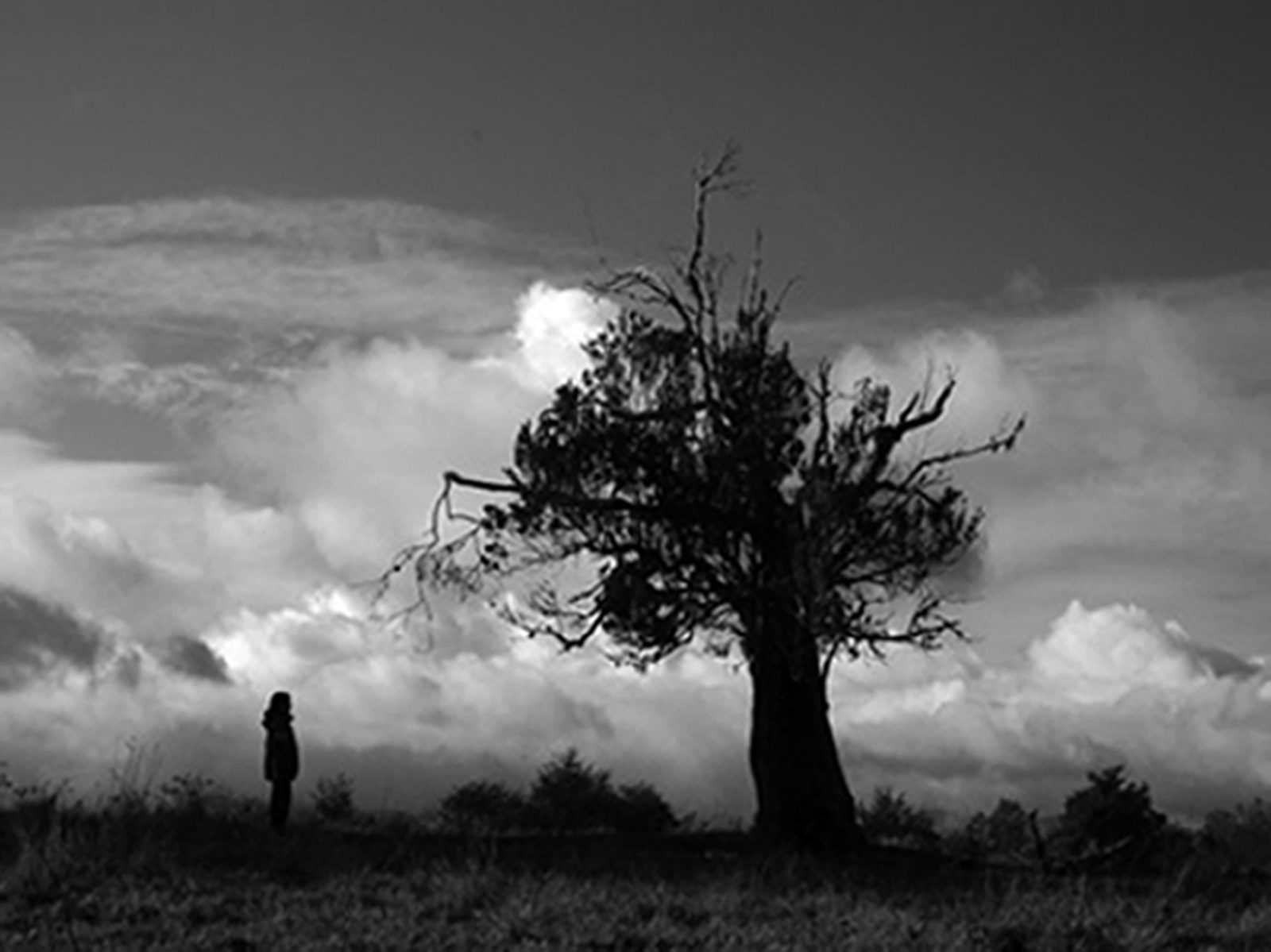The lives of Ana, Verónica, Marta and Toro, four lonely people living through the routine and silence of the south. They gather to eat, walk through the beach, take the ferry or simply accompany each other without needing to say anything. In a way, they try to save themselves in a silent, furtive and extreme manner. They search for love, sex, inexistent family affection, and their own space and time, not only to distance themselves from the loneliness that intimately constitutes them, but ultimately, to find themselves.
In this first feature film by the young Chilean film director Luis Torres Leiva un- dertakes and carries on with same self-will as in his preceding films, Obreras saliendo de la Fabrica, remarkable short-film presented at the Festival des 3 Continents in 2006, Ningun lugar en Niguna parte, El tiempo que se queda, two documentary films. He makes a stand in a very firm personal way on the fact that cinematography must keep a hold of its capacity to transport us, beyond outward appearances in which human beings and things seem to be contained. By making visible the marks of his cinema- tographic writing (editing, photography, sound), he also highlights the way in which cinema operates on reality thus referring to a very primitive quality of the cinematographic act.
Thus, these southern lands of Chile, remote even for those living there and that continue to be overwhelmed by its enigmatic and hostile beauty. Jérôme Baron

